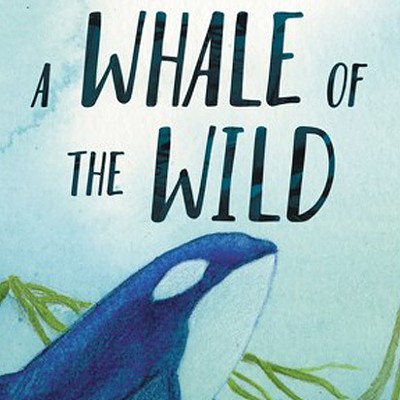For Greek-American and Bend-based writer Stephanos Papadopoulos, the poems collected in his recent book The Black Sea embody the "inherited memories" of his ancestors. His grandfather, a tobacco merchant who was born in Samsounda, recounted to his grandchildren the trials of the Pontic Greeks of The Black Sea, and the Asia Minor Catastrophe of the early 20th century. Though many of his readers won't be familiar with the exact situations that inspired Papadopoulos' collection, they'll discover many universal themes—family, myth, history, and the legacy of a distant, yet haunting, landscape.
Papadopoulos was born in the United States, yet spent much of his childhood in Paris and Athens, where his father was a well-known Greek artist (NONDA 1922-2005). As a young man, he began to ponder his connection to the place where so many of his ancestors suffered and died, and turned to poetry as a way to imagine these "voices" from the past, and the stories they had to tell. He traveled by motorcycle from Athens and rode though Anatolia, along the southern coast of the Black Sea, exploring the villages and birthplaces of his forebears.
"Sometimes I feel poetry is a way of holding onto my childhood," Papadopoulos says, "preserving those memories without the crippling effects of nostalgia. Those images are deeply Greek for me and, even though I write in English as a Greek and American poet, inescapable."
The most resonant of these images, which are reflected in the sonnets of The Black Sea, are articulated by characters, both real and imagined, who have everything at stake. In "The Poet in the Harbor," Papadopoulos explores the role of the poet in history: "He likes to lie down in the mounds of fishnets / with the dogs, with the ghosts of dolphins / snared by negligence, by careless ropes cut loose, / by a second in which joy becomes abandon / and abandon, as it never fails to do, / enters the realm of tragedy, and so he likes / to go down there alone and fall asleep / in the nets with the dogs and the reek of the sea."
In "Roads," an unnamed man wanders the gravel roads of a coastal town: "He walked bare-headed and empty-handed / toward those smiles, thin descending slashes / glimpsed through a parted door and door frame."
Throughout The Black Sea, Papadopoulos manages to weave together the bleak tragedies of a lost generation—his own family history, imagined lives, firsthand accounts—to create something that is not singularly tragic. Instead, there is a kind of quiet acceptance that comes in the final page: "I'm a name they never spoke, I stepped from the ashes / blind, deaf and dumb to what they saw, still a witness / by some force that drags me toward hills with nothing / but the shards of words passed on, the crumbling photographs, / the tears that slid from my father and grandfather / through the huge black eyes of paintings and into mine; / that weep when the light breaks on these imaginary cliffs."
As part of a celebration for National Poetry Month, Papadopoulos will read his poetry at 6:30 pm, Thursday, April 2 at Barnes & Noble, 2690 NE Hwy 20.
























